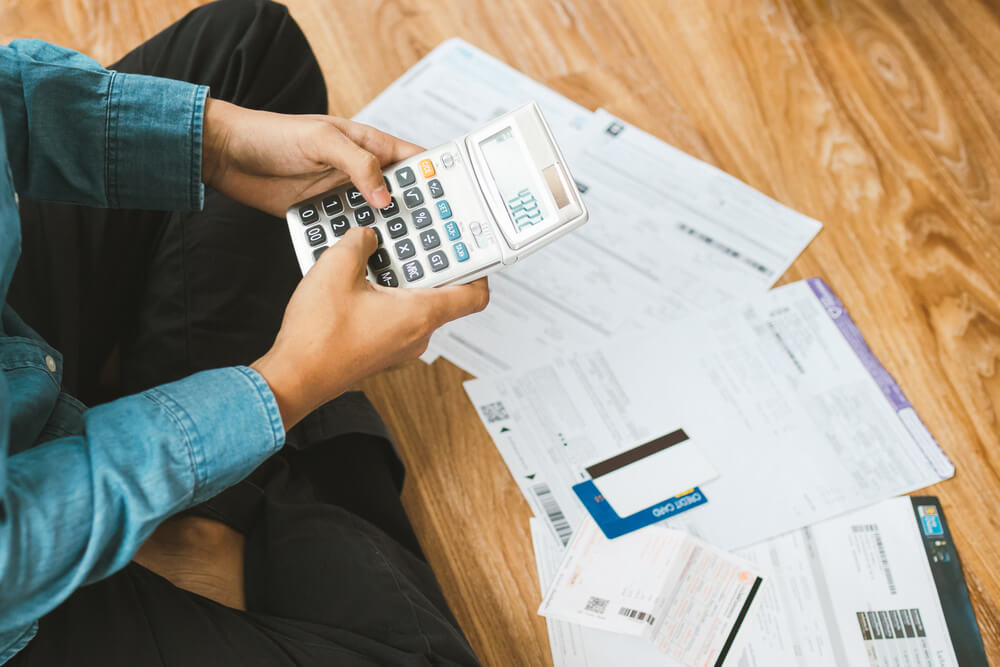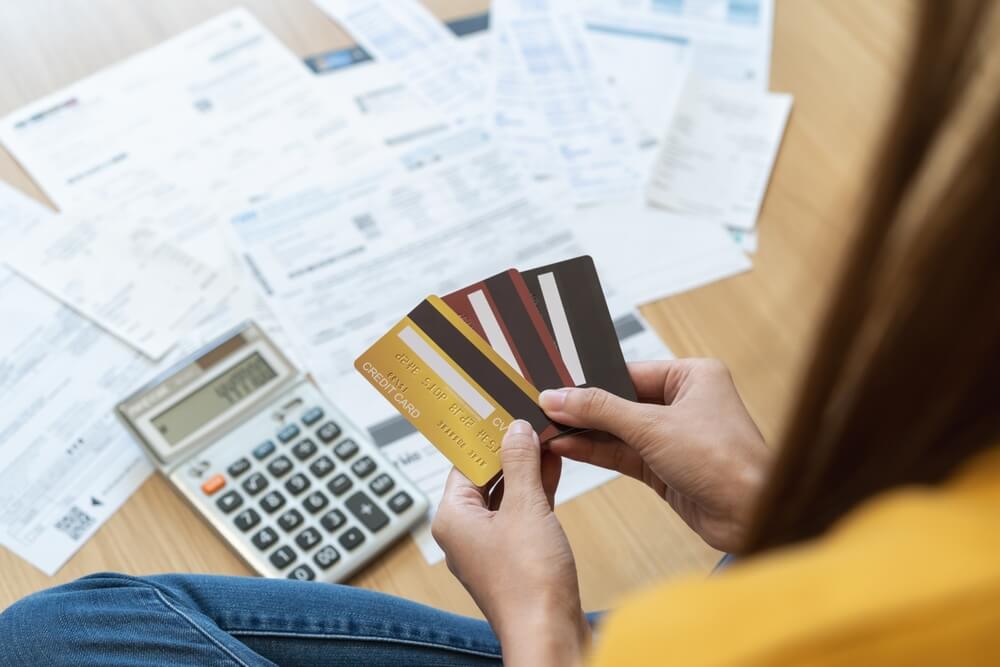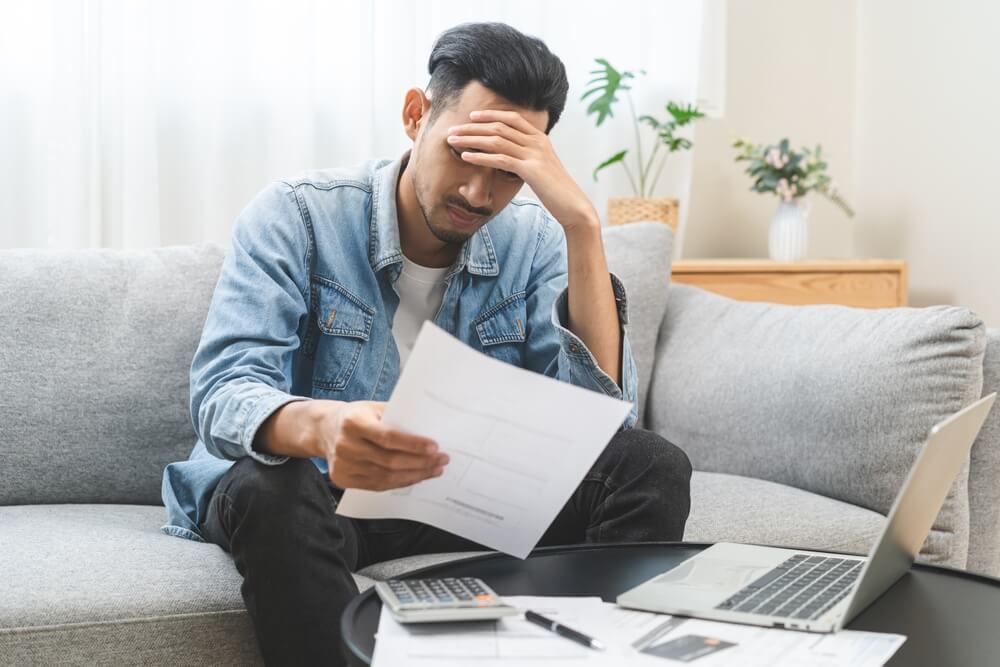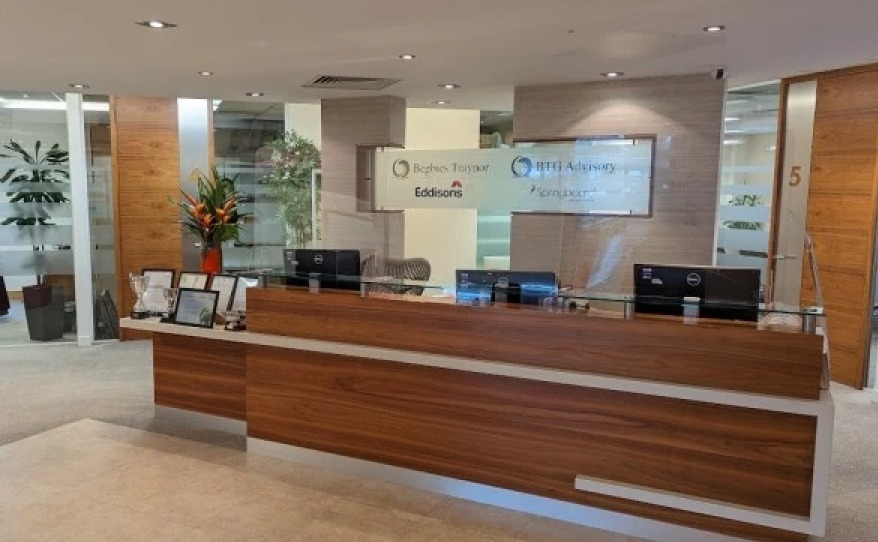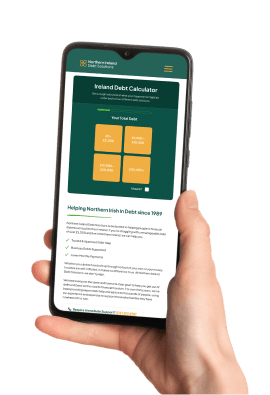Northern Ireland has a unique system for ensuring compliance with court orders. If the civil courts in Northern Ireland issue an order relating to the recovery of money, goods or property this is enforced by a centralised unit called the Enforcement of Judgments Office (EJO).
The EJO can also enforce civil judgements made by courts outside of Northern Ireland including England, Wales, Scotland and other EU countries.
When does the Enforcement of Judgments Office get involved?
If you have an outstanding debt, your creditor may contact the civil courts for a County Court Judgment (CCJ) to be served against you. This will detail what is owed or is to be recovered and to whom. The courts are able to impose the CCJ but in Northern Ireland they do not have the power to enforce payment of the debt. Therefore if you do not adhere to the terms of the CCJ (i.e. the debt is not paid or the goods or property are not returned) the creditor can instruct the EJO to collect the debt on their behalf.
The creditor will have to apply to the EJO for this to happen and they must also pay a fee upfront, however this will be added to the total amount that you will have to pay back.
How does the Enforcement of Judgments Office assess your ability to repay your debt?
Once the EJO has been instructed to act by your creditor they will make an independent assessment of your means and ability to repay the debt. You will be invited to a meeting either at the EJO Headquarters in Belfast or at your local county court, or in some cases at your home, to discuss this.
To allow the EJO to form a complete view of your current financial situation you should take proof of your finances such as:
- Mortgage statements or rent books
- Bank statements and savings books or statements
- Pay slips or business accounts
- Ground rent receipts, rate receipts
- Details of all of your monthly outgoings
- Details of all debts which you owe, along with supporting creditor statements
- Hire purchase agreements and receipts
- Information concerning any other unpaid debts e.g. writs, CCJs or any other legal processes
- Details of any debts owed to you
- VAT registration number, National Insurance number
If you do not attend this meeting, a warrant may be issued for your arrest and the PSNI will be sent to arrest you and bring you in to be interviewed.
Once the EJO has the relevant information it will decide how much you are able to afford towards your debt and how this should be collected.

What powers does the Enforcement of Judgments Office have?
In order to recover your debt, the EJO has a number of different powers which can be applied:
- Instalment Order – you are required to make regular payments to your creditor
- Attachment of Earnings Order – payments are taken directly from your wage
- Seizure Order – goods that you own are taken and sold to pay off your debt. Note that excludes essential household items, items that belong to your spouse or dependants, or ‘tools of the trade’
- Order Charging Land – any profit from the sale of your property will go to pay off debts
- Garnishee Order (also known as an Attachment of Debt Order) – freezes your bank account and takes money directly from this
- Order Appointing Receiver – money that is owed to you is intercepted and used to pay your debts
- Certificate of Unenforceability – if the EJO judges that you are unable to repay your debt in a reasonable timeframe. This will appear on the public record and affect your credit rating.
Can the Enforcement of Judgments Office repossess your house?
If you are behind with your mortgage or rent, your mortgage company or lender can apply for a Possession Order which can lead to you being evicted with the EJO performing a repossession of the property. In this situation, EJO staff can legally and forcibly enter your property and remove ‘all persons and their goods’. Your possessions will then be taken away and stored and you will have to pay a fee to have them returned.
If you are one of the thousands of people in Northern Ireland struggling with problem debts, contact Northern Ireland Debt Solutions today. We can help you to take the first step towards a stable financial future. Simply call us on 0800 470 0461 and we can arrange a free same day meeting.
Browse more topics related to this article
Get Started – Contact The Team Today
Ready to take the first step to a debt-free future? Contact Northern Ireland Debt Solutions today to understand your next steps.
